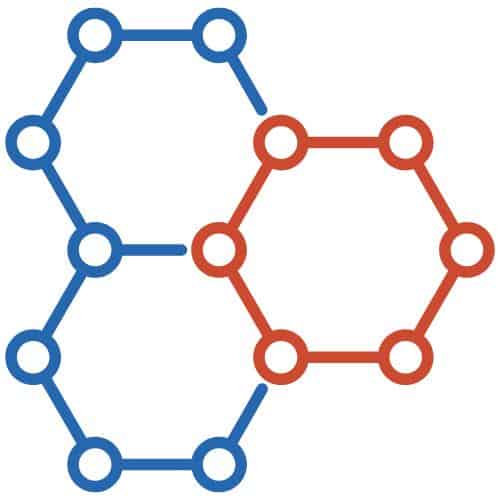
Error 404
Oops it looks like something went wrong!
The peptides have broken the bond to this page. Maybe we can help you find what you are looking for.
15% off first order with code: 1storder

The peptides have broken the bond to this page. Maybe we can help you find what you are looking for.
TO PURCHASE PRODUCTS FROM OUR WEBSITE YOU MUST BE AT LEAST 21 YEARS OF AGE.
DISCLAIMER: All products sold by Pharma Lab Global are for in-vitro research and laboratory use only. These products are not designed for use or consumption by humans or animals. Nothing on this Website is intended to diagnose, heal, treat, cure, mitigate or prevent disease. By purchasing from our Website the buyer accepts and acknowledges the risks involved with consumption and handling of these products. All articles and product information provided on this Website are for informational and educational purposes only. All products are to be handled by qualified and properly trained research or laboratory professionals only.
